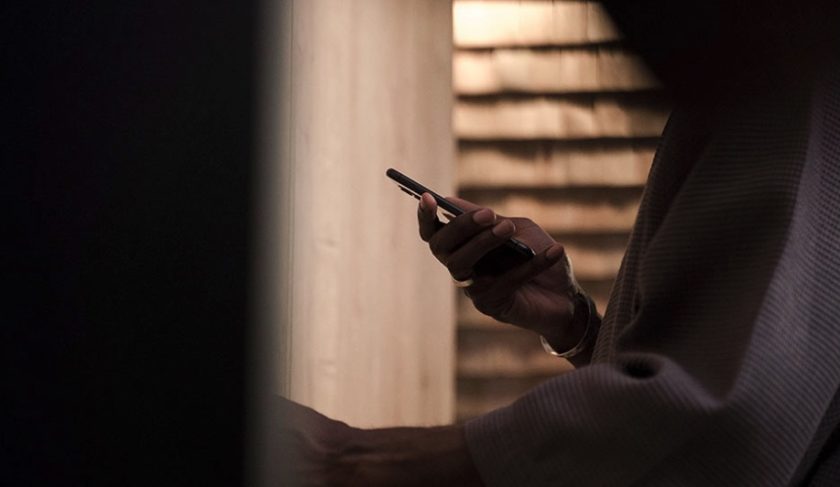‘Revenge Porn’ offenders to face jail in online safety bill overhaul

In a move to combat the rising instances of image-based abuse, the UK government today announced significant amendments to the Online Safety Bill.
Under the new measures, individuals found guilty of sharing intimate images without consent, often labelled as ‘revenge porn’, could face prison.
Currently, successful prosecution of such offences requires proof that the perpetrator intended to cause distress by sharing these images.
The new amendments will eliminate this requirement, significantly easing the path to charging and convicting offenders.
It is hoped that this will result in more culprits facing legal consequences, thus better protecting potential victims.
Perpetrators found guilty of the base offence could be handed a maximum penalty of six months in custody.
However, if it can be proven that the perpetrator also intended to cause distress, humiliation, or obtain sexual gratification, they could face up to two years in prison.
Offenders who share images for sexual gratification could potentially be placed on the sex offender register.
These reforms are in response to sustained campaigning by Georgia Harrison, a victim of image-based abuse, Dame Maria Miller MP, and recommendations from the Law Commission.
Lord Chancellor and Secretary of State for Justice, Alex Chalk KC, commented, “We are cracking down on abusers who share or manipulate intimate photos in order to hound or humiliate women and girls. Our changes will give police and prosecutors the powers they need to bring these cowards to justice.”
The new legislation will also criminalise the sharing of ‘deep fake’ intimate images for the first time. Deepfakes, digitally manipulated explicit images or videos to look like someone else, have seen a surge in recent years.
Paul Scully, Minister for Technology and the Digital Economy, highlighted the abhorrence of the act of unsolicited sharing and manipulation of intimate photos, adding that the Online Safety Bill would make the UK the safest place in the world to be online.
According to research, 1 in 7 women and 1 in 9 men aged between 18 and 34 have experienced threats to share intimate images, with more than 28,000 reports recorded by police between April 2015 and December 2021.
Justice Minister Edward Argar stated, “Our reforms will make it easier to convict these vile individuals and protect women from being subject to such predatory abuse.”
The revised Online Safety Bill marks a significant shift in the legal landscape around image-based abuse, building upon the government’s recent actions in this sphere. The changes will also lay the groundwork for wider reforms around intimate images, following the Law Commission’s detailed review.
The revised Online Safety Bill will soon be put before Parliament and if passed, it will mark a significant step forward in the fight against digital image-based abuse.
Spotted something? Got a story? Email: [email protected]
Latest News
